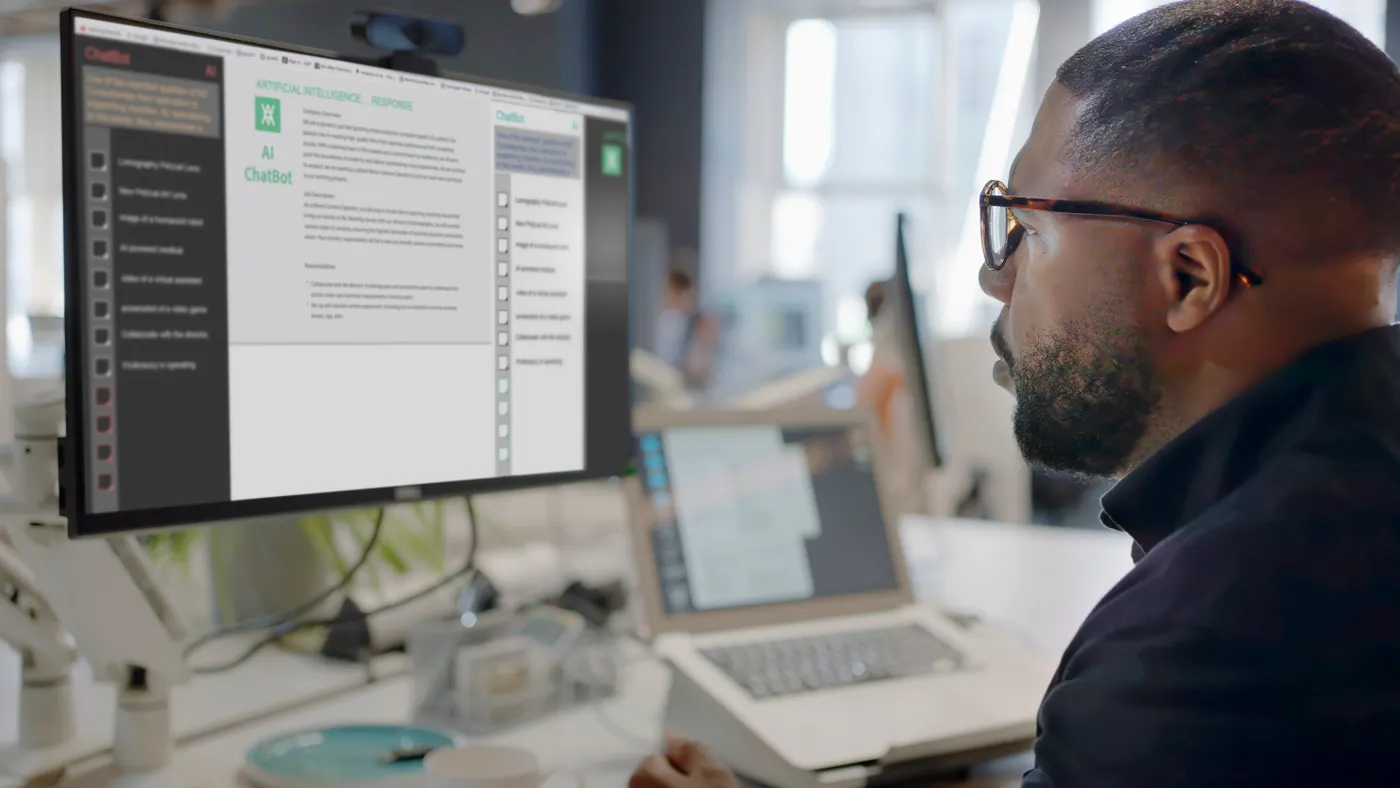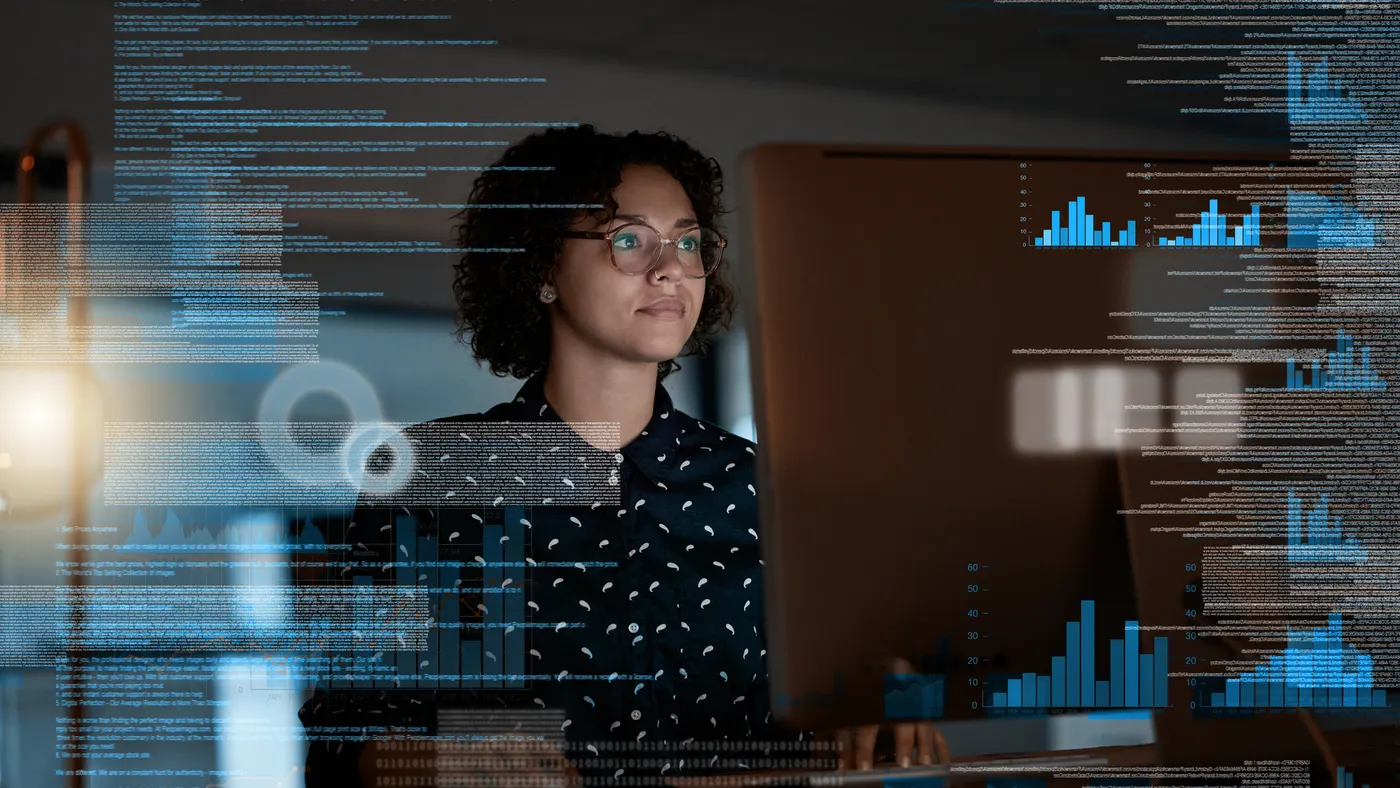
Employers must prepare workers for AI-driven future of work, report says
Employers have a responsibility to take a people-centric approach to technology and upskill their workers for a changing world of work — change largely driven by artificial intelligence, according to a report from The Adecco Group.
Among workers using AI-based tools, about three-quarters said they’re more productive, saving an average of one hour per day. However, only a quarter of overall workers said they’ve received training about applying AI at work.
“This is why I am convinced that employers must act to make their broader workforce future-ready by offering upskilling, career progression and a workplace environment that embraces sustainability for all,” Denis Machuel, CEO of The Adecco Group, said in the report.
“The technologies among us — and those yet to come — call for urgent and adaptable action by businesses to make sure their workforces remain engaged, productive and excited by the opportunities that lay ahead,” he said.
In a survey of 35,000 workers worldwide, job security and economic conditions were named as top priorities, with 40% expressing concerns about long-term job security and 83% saying they plan to stay with their current employer — the highest retention rate in three years.
Among AI users, half said AI skills expand their job opportunities, and 46% said AI has given them more opportunities to learn skills and progress in their jobs. When AI saves time, workers said they’re using that time for creative work, strategic thinking and better work/life balance.
However, 13% of workers said they’ve lost their job due to AI, and only 11% of workers were considered to be “future-ready,” or adaptable, willing to be flexible in their careers and proactive in acquiring new skills. Among these future-ready workers, 93% received a personalized development plan and 95% frequently participated in leadership training provided by their companies.
Most workers want reskilling and internal mobility opportunities, too. About three-quarters said companies should prioritize cross-training for different roles before hiring externally. At the same time, only 9% said they plan to stay with their company to be reskilled.
By 2032, generative AI tools will significantly shift work and productivity, potentially changing 52% of all jobs, according to research by Cognizant and Oxford Economics. In the U.S., 9% of the current workforce may be displaced, and 1% of displaced workers may struggle to find new employment.
As a result, the future of work may hinge on upskilling, particularly around AI skills, according to a report by the AI-Enabled ICT Workforce Consortium, which is led by Cisco and includes companies such as Google, Indeed, Intel and Microsoft. Workers will need training in AI literacy, AI preparedness, data analytics and prompt engineering, the consortium said.
HR pros will also need to navigate AI-related disruptions, which could have a “high human cost,” according to a report from the Society for Human Resource Management and The Burning Glass Institute. In particular, learning and development opportunities will need to focus on reskilling existing talent as well as training workers in eliminated positions to assume other roles.









